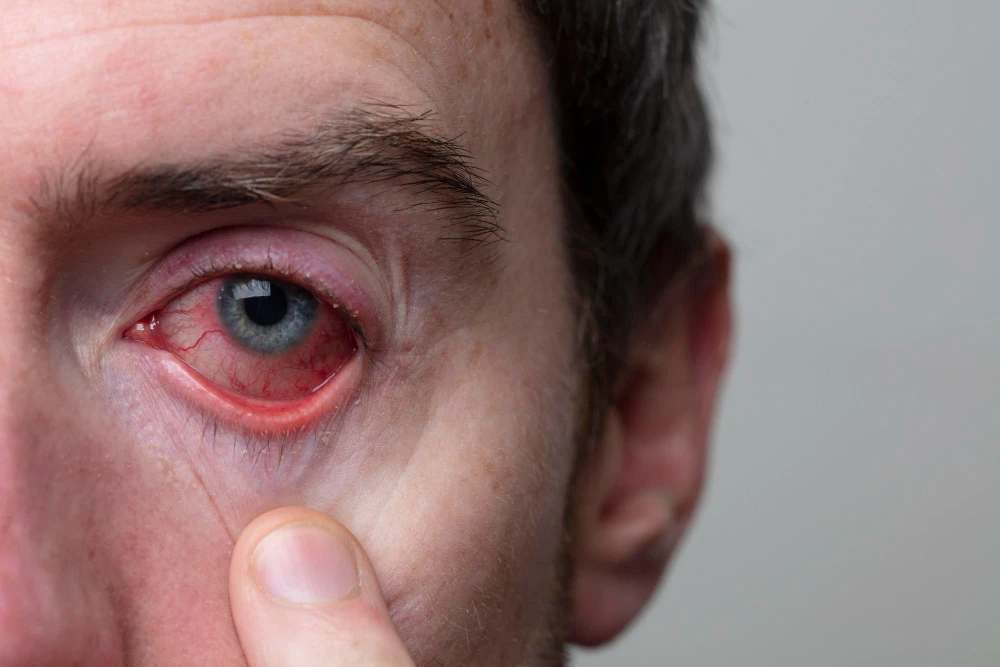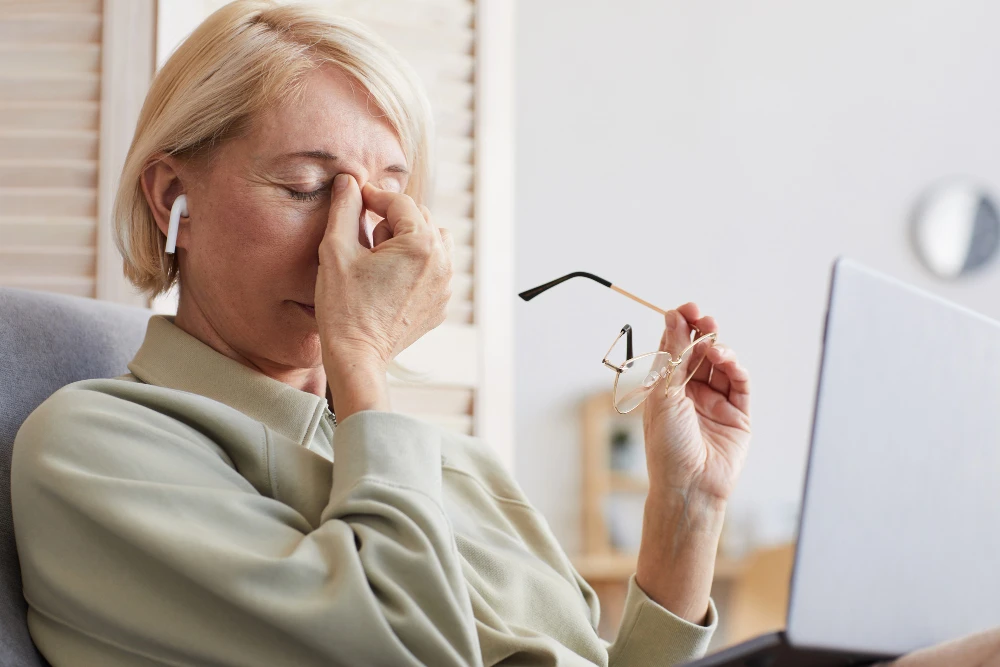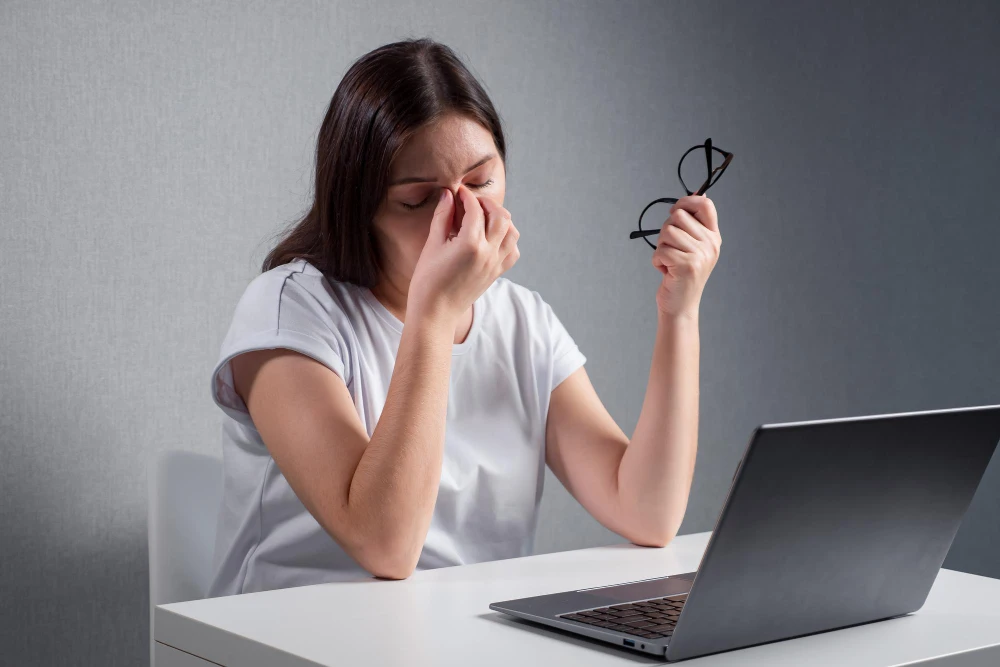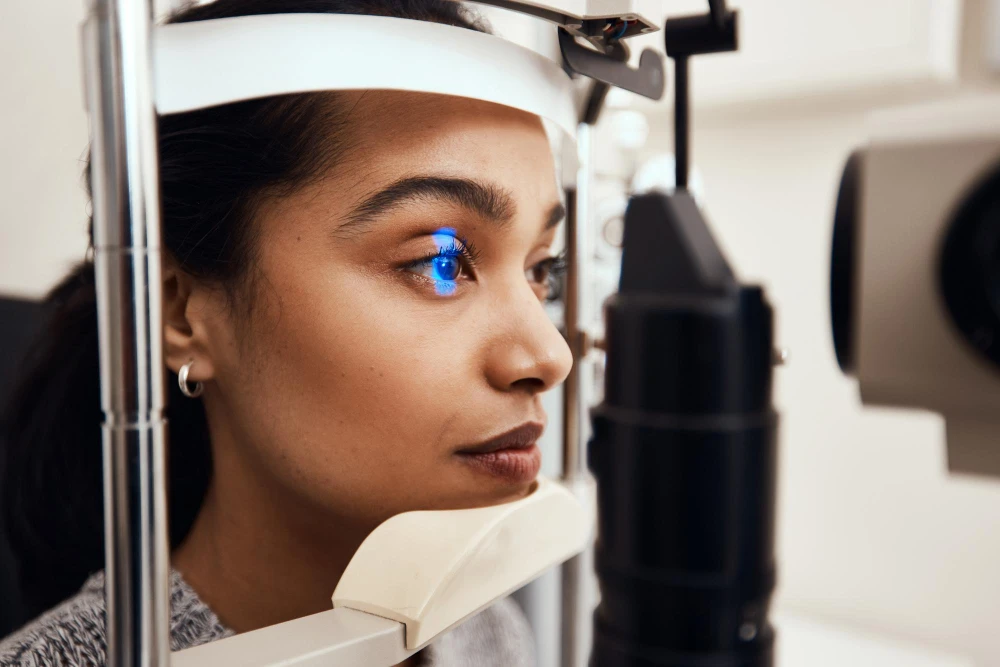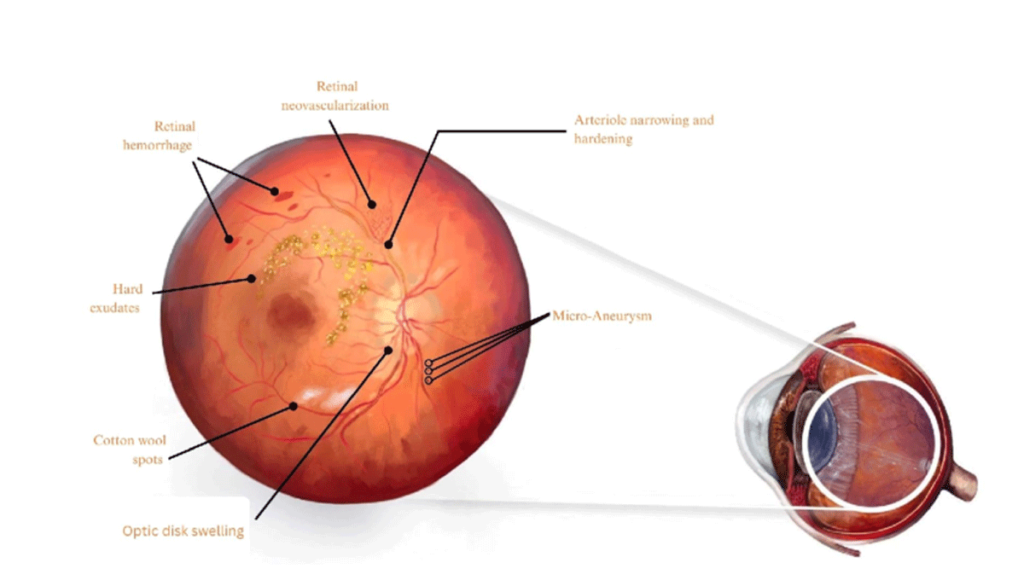Nothing is more annoying than the feeling of irritation and burning. Especially in the sensitive part of the body: eyes. When your eye starts burning or itching, it is a sign that you have an eye allergy. If the energy gets severe, a person may have difficulty in seeing things. The effects of eye allergy affect entirely the quality of life.
If you’re experiencing redness or burning, you’re not alone. There are millions of people in the United States who are dealing with minor to severe eye allergies. Eye allergies take place when eye contact with a residue that irritates the layer of the eye. Eye allergies result in swelling, pain, and redness that can impact a person’s vision. To know more about allergies in detail, you’ll learn what can cause eye allergies in this blog.
Irritants
In most cases, eye allergic reactions are caused by irritants that cannot be strictly termed allergenic. These irritants can include:
- Smoke: The smoke from cigarettes or fireplaces can irritate eye surfaces. Its symptoms are similar to those of allergies in the eyes. People who spend most of their time in such places where there is smoke mainly develop allergies to smoke.
- Air Pollution: If there is a lot of air pollution, such as dust and chemicals floating in the atmosphere, it easily leads to eye irritation.
Allergens
Allergens are pest particles and other substances that can trigger an allergic response in those who might be sensitive to them. These allergens entering the eyes can result in eye allergies. Common allergens that affect the eyes include:
- Pollen: Pollen from trees, grasses, and weeds is an essential outdoor allergen. It can also be inhaled, irritating the eyes and causing symptoms such as itching, redness, and a lot of tearing.
- Dust Particles: Household dust, bedding and furniture are all ideal places for these little bugs to live. But, when the waste particles get into their eyes as they become airborne and enter them through respiration, they can lead to eye allergy.
- Pet dander: The protein contained within pets’ skin cells, urine, and saliva causes allergic reactions. Pet dander floating in the air or coming into contact with eyes when they touch can lead to eye allergies.
- Mold spores: Mold spores float in the air indoors and outdoors. As well as the damp environment, mold spore exposure can cause eye allergy symptoms.

Seasonal Factors
The factor to consider most closely is seasonal changes. Eye allergies tend to be more frequent in particular seasons, such as spring and autumn. Seasonal allergic conjunctivitis is caused by outdoor factors (pollen). Local variations in climate produce pollen of different kinds at various times during the year. People who have different allergies may be affected by it. Conjunctivitis, known as pink eye, is the most common eye condition that mostly results from allergy.
Indoor Allergens
Eye allergies may also be caused by indoor allergens for those who spend a lot of time inside. Common indoor allergens are dust, mold, and pet allergens.
In enclosed spaces, dust particles may collect in large quantities along with allergens such as dust mites and pet dander, which can lead to eye allergies.
Moreover, mold grows in wet indoor areas of houses, such as bathrooms, basements, and kitchens, contaminating the air with mold spores. It has become the reason for eye allergy for many people.
Additionally, If you have pets in your house, their dander could still be lofted into the air and reach your eyes.
Symptoms of Eye Allergy
If you believe that you have an eye allergy, it is essential for you to know the symptoms. Below are the most common eye allergy symptoms.
- Itching
- Burning
- Watery eyes
- Widened blood vessels in the white of the eye
- Redness
- Puffiness
In some cases, people experience itchy noses and sneezing because of an allergic response. Most people may get headaches, sore throat, or coughing, which makes the allergy more unpleasant. Thus, if you have any of these symptoms, it is important to get yourself checked by a well-reputed eye specialist at Vision Gallery.
Final Thoughts
If you’re experiencing the symptoms of eye allergy, it is essential for you to seek medical help. An ophthalmologist will provide proper treatment that will eliminate the effects of allergy and enhance your vision. An ophthalmologist will thoroughly examine your eye and recommend you the best possible medication and treatment. With treatment, you can get relief from the allergic aspect within a few days. Thus, your search is over if you’re searching for a reliable eye expert. Call us at 281-377-0219 to book your appointment today.
